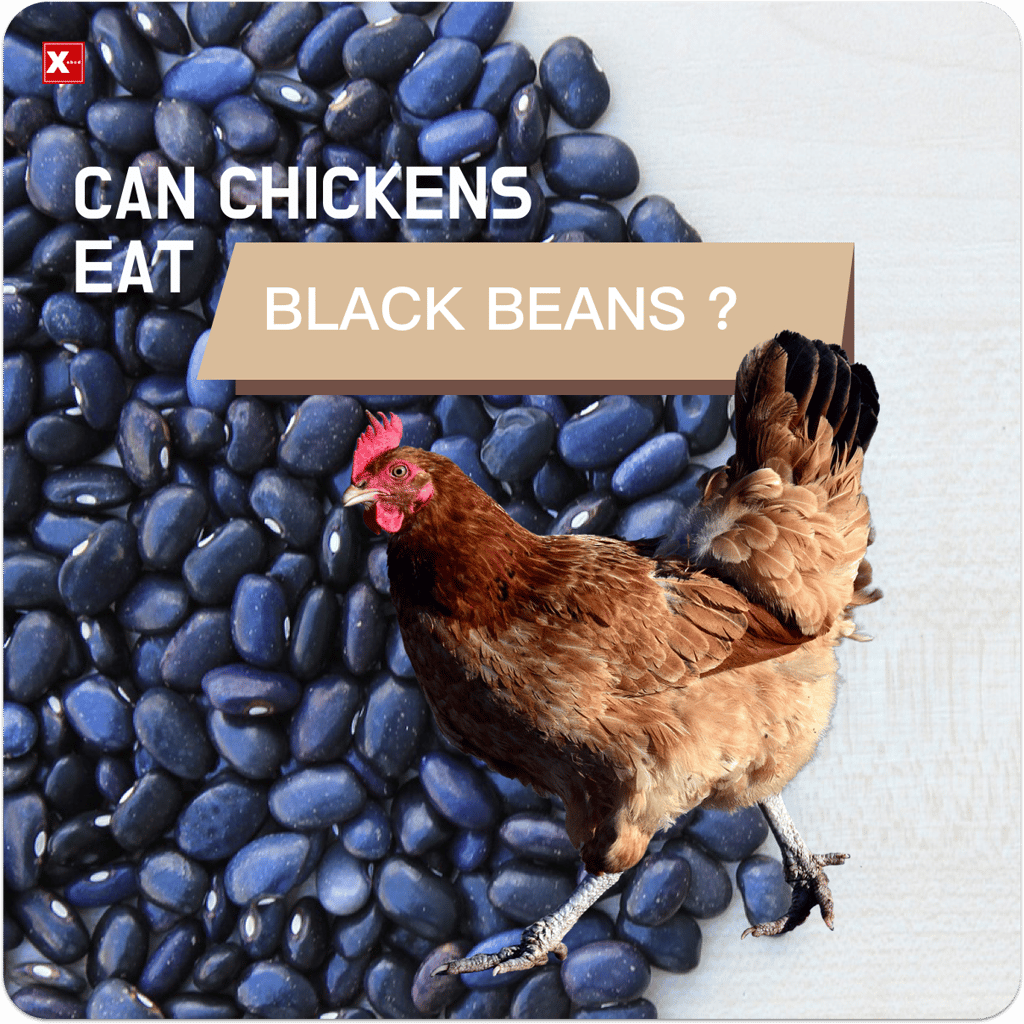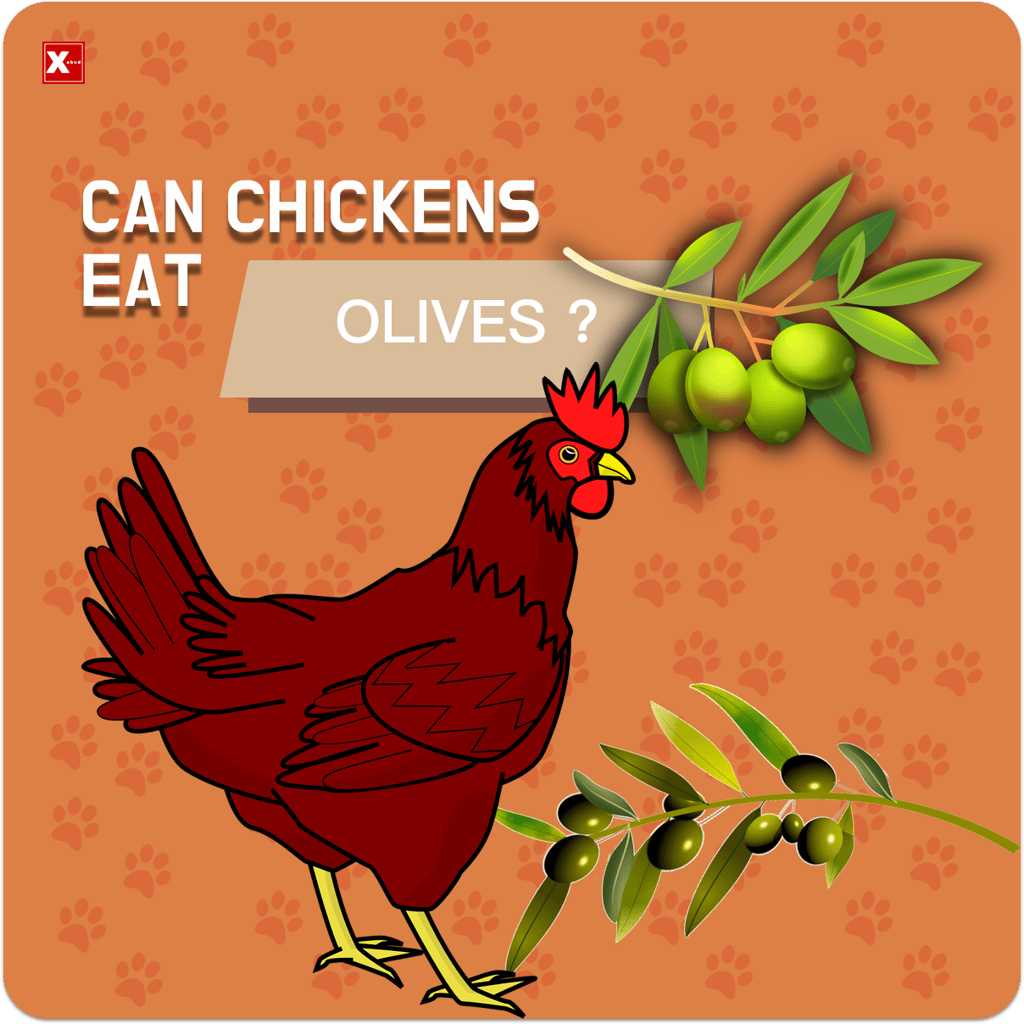Want to know if dragon fruit can be fed to chickens? Simply put, chickens can eat dragon fruit. There are many benefits to giving dragon fruit to chickens, but it also requires caution and moderation. Below we’ll discuss this by evaluating the digestive system, considering the nutritional content of dragon fruit, and the benefits of feeding dragon fruit to chickens.
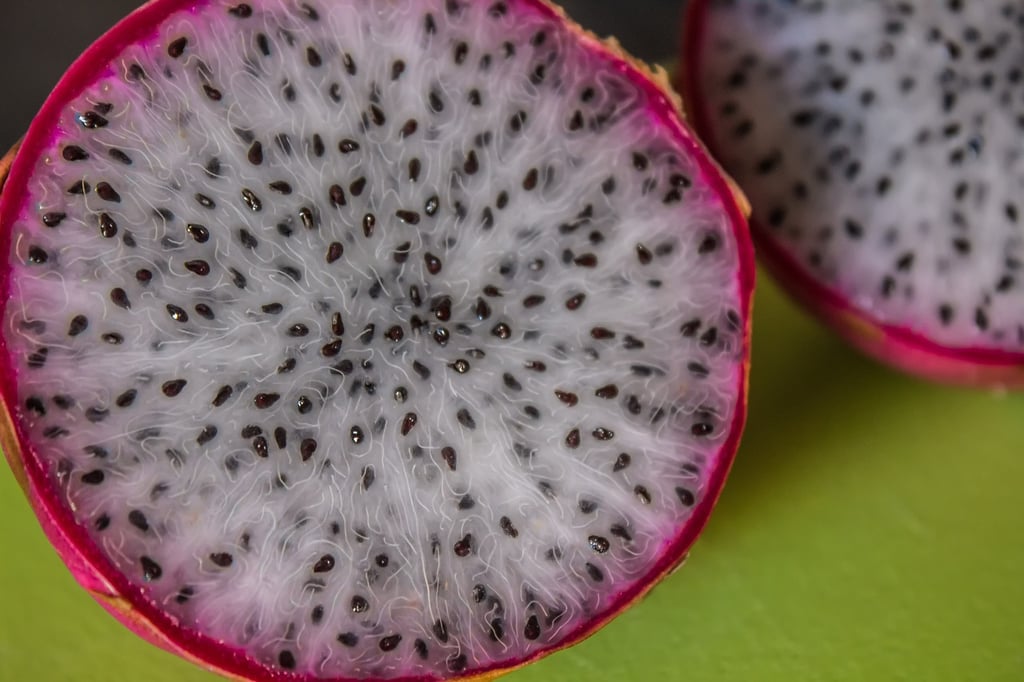
The Nutritional Value of Dragon Fruit
Dragon fruit, also known as pitaya, is a tropical fruit that has gained popularity in recent years due to its unique appearance and refreshing flavor. But what about its nutritional value? Let's explore the enticing benefits that dragon fruit can offer to our feathered friends.
- 1. Rich in Antioxidants: Dragon fruit is a powerhouse of antioxidants, including vitamin C and betalains. These compounds help protect cells from damage caused by harmful free radicals, which can contribute to various health issues. By incorporating dragon fruit into a chicken's diet, you can provide them with an extra dose of these beneficial antioxidants.
- 2. Immune-boosting Properties: Vitamin C is known for its immune-boosting properties, and dragon fruit happens to be a great source of this essential nutrient. A robust immune system is crucial for chickens to stay healthy and ward off diseases. Adding dragon fruit can give their immune system an extra boost.
- 3. Hydration and Electrolytes: Chickens need proper hydration to maintain their overall health and well-being. Dragon fruit contains a high water content, which can help keep chickens hydrated, especially during hot summer days. Additionally, the fruit provides essential electrolytes like potassium that support proper hydration and bodily functions.
- 4. Fiber-rich: A balanced diet for chickens should include an adequate amount of fiber to promote healthy digestion. Dragon fruit is high in fiber, which can aid in maintaining a steady digestive system for chickens. It can also help prevent issues such as constipation and keep their digestive tract in optimal condition.
- 5. Low-calorie Option: For chicken owners who are mindful of their flock's weight management, dragon fruit can be a great low-calorie treat. It offers a sweet and satisfying flavor without adding excessive calories to their diet, making it an ideal choice for those looking to keep their chickens in a healthy weight range.
Overall, dragon fruit brings several nutritional benefits to the table for chickens. From its antioxidant properties and immune-boosting vitamin C to its hydrating properties and fiber-rich content, this tropical fruit can be a delightful addition to a chicken's diet.
However, it's important to remember that moderation is key. While dragon fruit offers numerous advantages, it should be given as an occasional treat rather than a staple food. As always, consult with a veterinarian to ensure that your chickens' dietary needs are adequately met.
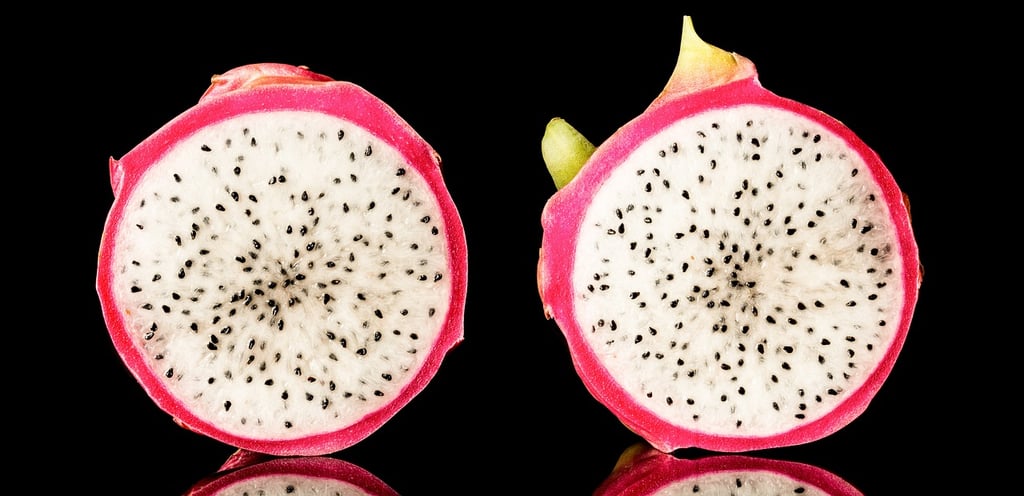
Feasibility of Feeding Dragon Fruit to Chickens
The feasibility of feeding dragon fruit to chickens depends on various factors and considerations. Let's delve into the details to understand whether chickens can safely consume this exotic fruit.
- 1. Digestive System: Chickens have a unique digestive system that is adapted to process grains, insects, and plant materials. While they primarily thrive on a diet rich in grains and protein, introducing fruits can provide them with essential vitamins and minerals. However, it's crucial to assess whether their digestive system can handle the specific characteristics of dragon fruit.
- 2. Nutritional Content: Dragon fruit is known for its high nutritional value, containing vitamins, minerals, and antioxidants. It is rich in vitamin C, calcium, iron, and fiber. These nutrients can potentially benefit chickens, but it is essential to ensure that they receive a balanced diet overall. Feeding them excessive amounts of dragon fruit might lead to an imbalance in their nutrition.
- 3. Potential Risks: While dragon fruit is generally considered safe for consumption, there are a few factors to consider. The high sugar content in the fruit might be a concern in large quantities, leading to obesity and other health issues. Additionally, the presence of tiny black seeds in the fruit could pose a choking hazard to chickens, especially if they consume large pieces without proper mastication.
- 4. Introducing Dragon Fruit: If you decide to introduce dragon fruit to your flock, it's important to do so gradually. Start by offering small amounts and observe how the chickens respond. Monitor their digestive health and check for any adverse reactions. If they tolerate the fruit well, you can continue incorporating it into their diet as an occasional treat.
- 5. Moderation is Key: As with any treat, moderation is key when feeding dragon fruit to chickens. The fruit should never constitute a significant portion of their diet. It should only be offered as an occasional addition to their regular feed, ensuring that they receive all the necessary nutrients from their primary feed sources.
- 6. Consult a Veterinarian: It is always advisable to consult a veterinarian before making any significant changes to a chicken's diet. They can provide personalized advice based on the specific needs and health of your flock. They can also guide you in ensuring a balanced diet and help address any concerns or risks associated with feeding dragon fruit to chickens.
In conclusion, while it is feasible to feed dragon fruit to chickens, it should be done with caution and in moderation. Assessing their digestive system, considering the nutritional content, and monitoring their response are important factors to consider. Consulting a veterinarian is always recommended to ensure the well-being and health of your chickens. By following these guidelines, you can provide your feathery friends with an occasional fruity delight while maintaining a balanced diet.
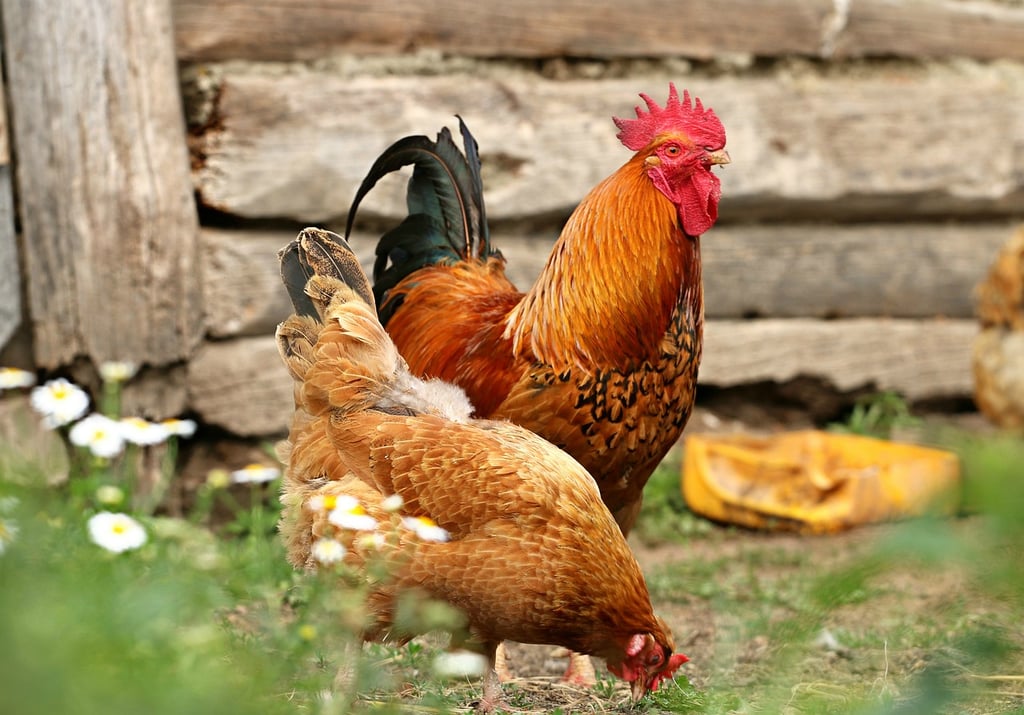
Potential Benefits for Chickens
When it comes to potential benefits for chickens, incorporating dragon fruit into their diet can offer some advantages. Although the primary sources of nutrition for chickens are typically grains, fruits, and vegetables can provide supplemental nutrients to support their overall health and well-being.
Dragon fruit is known for its high content of antioxidants, which can help boost a chicken's immune system. Antioxidants help fight against free radicals, protecting the body's cells from damage and reducing the risk of various diseases.
In addition to antioxidants, dragon fruit is also rich in essential vitamins and minerals that can benefit chickens. This fruit contains vitamins C, E, and B-complex vitamins, which are vital for a chicken's overall growth and development. These vitamins play a role in maintaining strong bones, promoting healthy feathers, and supporting reproductive health.
The mineral content in dragon fruit is impressive as well. It contains calcium, magnesium, and phosphorus, all of which are important for maintaining strong bones and healthy egg production. Chickens that receive an adequate amount of these minerals are less likely to develop issues such as weak bones or eggshell abnormalities.
- Increased egg production: Some chicken owners have reported an increase in egg production after incorporating small amounts of dragon fruit into their chickens' diet. This could be attributed to the various vitamins and minerals present in dragon fruit that support reproductive health.
- Enhanced feather quality: The vitamins and antioxidants in dragon fruit can contribute to improved feather quality in chickens, resulting in vibrant and healthy feathers.
- Antiparasitic properties: Dragon fruit contains natural compounds that are believed to have antiparasitic properties. While this is not a replacement for appropriate veterinary care, it may offer some level of protection against certain parasites.
- Varied diet: Offering chickens a diverse range of foods, including dragon fruit, can help reduce boredom and promote overall well-being. Chickens naturally forage for a variety of foods in their natural habitat, so incorporating different fruits and vegetables can mimic their natural feeding behaviors.
- Improved digestion: Dragon fruit is high in fiber, which can support a chicken's digestion. A healthy digestive system is crucial for overall health and can help prevent common issues such as constipation.
While these benefits may seem promising, it's important to note that each chicken is unique, and their dietary needs can vary. As with any dietary changes, it's recommended to introduce dragon fruit gradually and in moderation. Additionally, consulting with a veterinarian is advised to ensure that the overall diet and nutritional needs of the chickens are met.
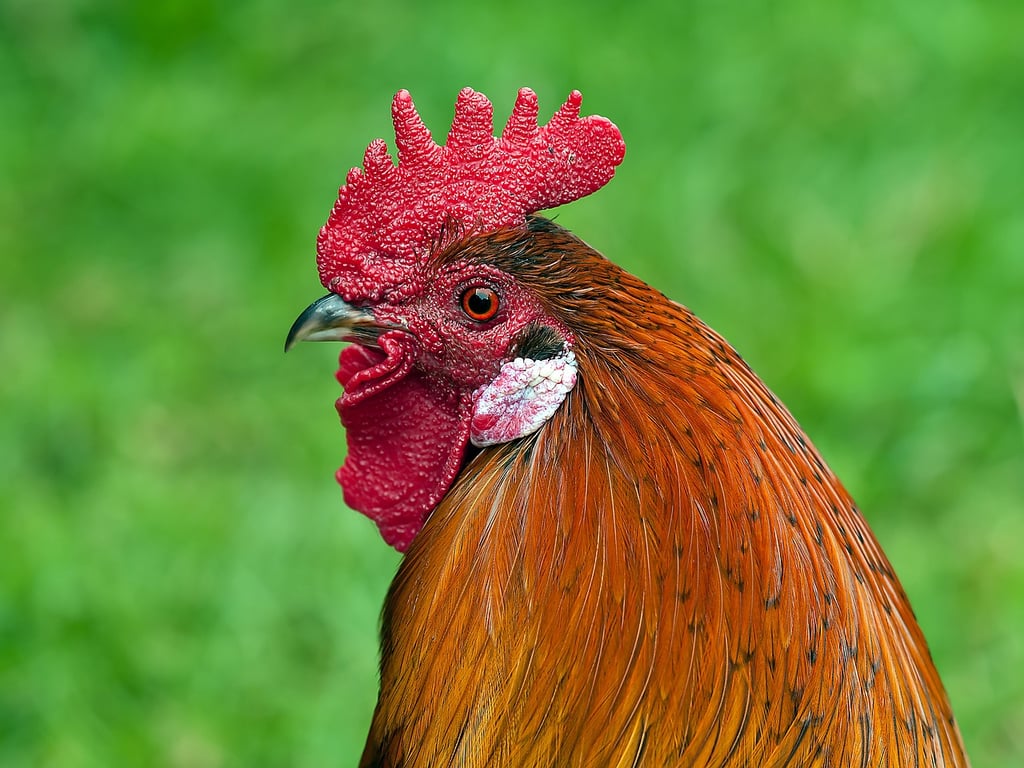
Possible Digestive Concerns
When it comes to feeding dragon fruit to chickens, one of the potential concerns that arises is related to their digestive systems. Chickens have a unique digestive process, and introducing new foods into their diet may sometimes lead to digestive issues. Therefore, it is crucial to understand and address the possible digestive concerns before offering dragon fruit to your feathered friends.
One concern is that the high fiber content in dragon fruit may cause digestive upset in chickens. The fibrous nature of dragon fruit could lead to loose stools and diarrhea, especially if chickens consume it in large quantities. It is important to remember that chickens have sensitive digestive systems and sudden dietary changes can disrupt their gastrointestinal balance.
To minimize the risk of digestive issues, it is advisable to introduce dragon fruit gradually into a chicken's diet. Start by offering small amounts and observe their response. If your chickens do not show any signs of digestive discomfort, you can slowly increase the quantity over time. It is essential to monitor their stools and overall health during this transition period.
Here are a few tips to address potential digestive concerns when feeding dragon fruit to chickens:
- Ensure that the dragon fruit is ripe and properly prepared before serving it to your chickens. Ripe dragon fruit is easier to digest and less likely to cause digestive distress.
- Remove the seeds and cut the dragon fruit into small, manageable pieces. This will make it easier for chickens to consume and digest.
- Offer dragon fruit as a treat rather than a staple food in their diet. Treats should only make up a small portion of a chicken's overall diet, and the majority of their nutrition should come from a balanced chicken feed.
While some chickens may have no issues with digesting dragon fruit, others may be more sensitive. It is essential to pay close attention to your chickens' individual responses and adjust accordingly. If you notice any signs of digestive distress, such as decreased appetite, lethargy, or abnormal droppings, it is recommended to discontinue feeding them dragon fruit and consult with a veterinarian if necessary.
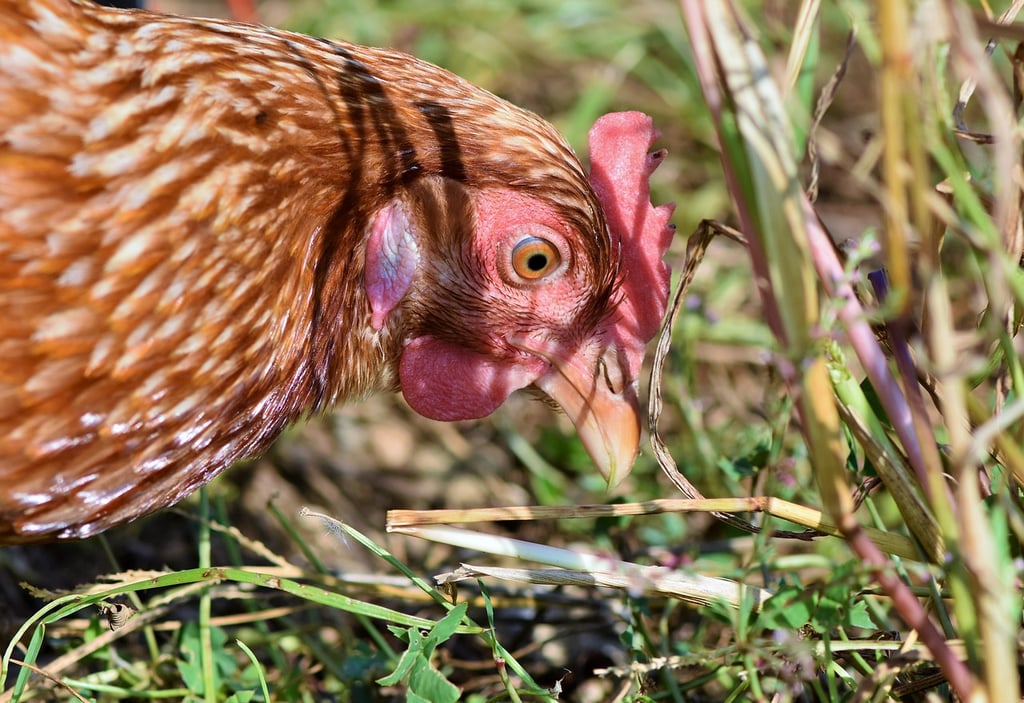
Introducing Dragon Fruit into a Chicken's Diet
In the world of chicken diets, introducing new foods can be an exciting yet cautious endeavor. When it comes to feeding dragon fruit to chickens, it is important to take certain steps to ensure a smooth transition and the well-being of our feathered friends.
Here are some key considerations to keep in mind when introducing dragon fruit into a chicken's diet:
- Start small: Begin by offering a small piece of dragon fruit to your chickens as a treat. Monitor how they react and observe any signs of discomfort or digestive issues.
- Gradual increase: If your chickens handle the initial introduction well, slowly increase the amount of dragon fruit offered over a period of time. This allows their digestive systems to adapt and reduces the risk of any sudden reactions.
- Monitor for allergic reactions: Just like humans, chickens can have allergies too. Keep an eye out for any signs of allergic reactions such as itching, swelling, or difficulty breathing. If you notice any of these symptoms, remove dragon fruit from their diet immediately and consult a veterinarian.
- Balance with other foods: While offering dragon fruit as a treat is a fun and nutritious addition to a chicken's diet, it's important to ensure that their overall nutritional needs are being met. Dragon fruit should not replace their regular feed or other essential foods.
- Seed considerations: Some chickens may struggle with digesting the small black seeds found in dragon fruit. You can choose to remove the seeds before offering the fruit to your chickens to avoid any digestive issues.
- Age and health factors: Younger chickens or those with specific health conditions may have a harder time digesting new foods. Taking their age and health into consideration is crucial when introducing any new food, including dragon fruit, into their diet.
By following these steps and considering the unique needs of your chickens, you can safely introduce dragon fruit into their diet and provide them with a delightful and nutritious treat.

Alternative Treats for Chickens
While dragon fruit can be a delightful and nutritious treat for chickens, it's always good to have a variety of options to keep them happy and satisfied. Here, we will explore some alternative treats that you can offer your feathered friends.
- Vegetable Scraps: Chickens naturally enjoy pecking and foraging, so offering them vegetable scraps can be a great idea. Leftover lettuce leaves, carrot tops, and cucumber ends can make tasty snacks that chickens will eagerly gobble up. Just make sure to avoid any toxic vegetables, such as onions or tomatoes.
- Fruits: Similar to dragon fruit, chickens can enjoy a wide range of fruits as treats. Some popular choices include watermelon, melon, berries, and apples. These juicy fruits can add a refreshing and flavorful twist to their diet while providing additional vitamins and antioxidants.
- Grains and Seeds: Chickens love pecking at grains and seeds, so incorporating these into their treats can be both entertaining and nutritious. You can offer them cracked corn, oats, or even sunflower seeds as a special snack. Just be mindful of portion sizes, as too much can interfere with their balanced diet.
- Mealworms and Insects: Chickens are natural bug hunters, so introducing some live mealworms or insects can be an exciting change of pace. Not only will this treat satisfy their instinctual behaviors, but it also provides them with extra protein. Mealworms can be purchased from pet stores or online, ensuring a safe and reliable source.
- Herbs and Greens: Adding fresh herbs and greens to your chicken's diet not only diversifies their treats but also offers additional health benefits. Options like parsley, basil, dandelion greens, and kale can be chopped up and sprinkled in their feeding area. These natural supplements can promote good digestion and enhance their overall well-being.
Remember, moderation is key when it comes to offering treats to your chickens. These delightful alternatives should be given in addition to their balanced feed and fresh water. Monitoring the quantity and observing any potential adverse reactions is crucial for maintaining their health and happiness.
In conclusion, chickens can indeed eat dragon fruit, but moderation is key. While dragon fruit is packed with beneficial nutrients and can provide some advantages for chickens, it should only be offered as an occasional treat. Introducing dragon fruit to a chicken's diet should be done gradually and with caution, being mindful of any potential digestive concerns. Moreover, it's important to remember that there are plenty of alternative treats available for chickens that can also keep them happy and healthy. As with any dietary changes, it is always recommended to consult with a veterinarian to ensure that your chickens are receiving a balanced and suitable diet.
Faqs
-
Can chickens eat dragon fruit seeds?
Yes, chickens can eat dragon fruit seeds. The seeds are relatively small and pose no harm to chickens when consumed. However, it's important to note that the nutritional value of the seeds is minimal compared to the flesh of the fruit.
-
Is it safe to feed chickens dragon fruit on a regular basis?
While chickens can enjoy dragon fruit as an occasional treat, it is not recommended to feed it to them on a regular basis. Dragon fruit should be offered in moderation as part of a varied diet for chickens to ensure they receive all the necessary nutrients from other sources.
-
Can chickens eat both the red and white varieties of dragon fruit?
Absolutely! Chickens can safely consume both the red and white varieties of dragon fruit. The nutritional content of both types is similar, so it's a matter of personal preference whether you choose to offer one or the other to your feathered friends.



